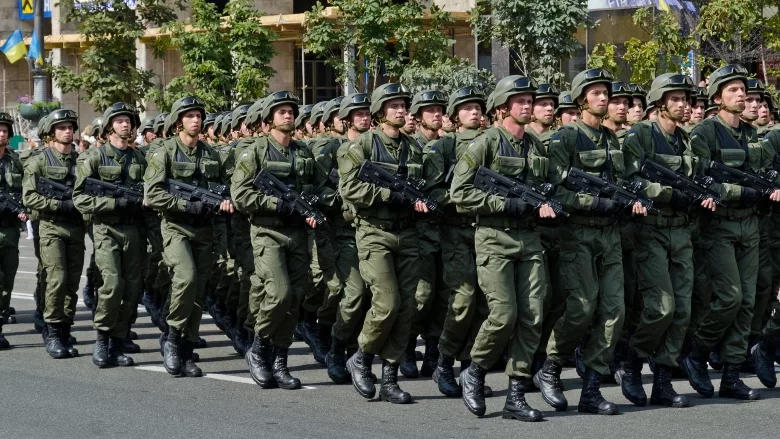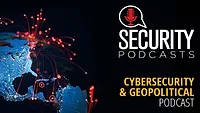Data privacy remains at the heart of Russia-Ukraine conflict

Russian head of state Vladimir Putin has ordered troops into Ukraine under the pretext of a peacekeeping mission, although U.S. Ambassador Linda Thomas-Greenfield denied the Russian claim of peace in a recent emergency United Nations Security Council meeting.
Putin announced his recognition of the independence of two Ukrainian states, Luhansk and Donetsk before deploying soldiers into the separatist region of Ukraine. Separatists in the region are supported by Russia, with Putin calling for an abdication of power by the current Ukrainian government.
In response, U.S. President Biden announced on Tuesday the first in a series of sanctions against Russia, including full blocking sanctions targeting Russian banks and the country's sovereign debt, inhibiting trade in some Western countries.
The escalating conflict is augmented by a reported lack of digital freedom in Russia and Ukraine. The Digital Freedom Index from ProtonVPN measures the amount of media and internet access in countries around the world. Using publicly available data, the index ranked digital freedom levels by scoring and comparing seven aspects of internet access:
- Media freedom
- Obstacles to access
- Limits on content
- Violation of user rights
- Legality of explicit content
- Virtual private network (VPN) legality
- Social media legality
Of the analyzed countries, Russia was ranked as having the 3rd worst level of digital freedom, with Ukraine holding the 22nd worst place. Some citizens look to personal cybersecurity methods to protect their data online.
"Russia’s VPN usage doubled on April 23, 2021 and then experienced another huge spike on June 18, 2021," according to Matt Fossen, U.S. Communications Manager at ProtonVPN.
"These increases coincided with protests around the arrest of opposition leader Alexei Navalny, with many fearing detainment or arrest should they be found to have spoken out against the government online."
The Digital Freedom Index indicated that tight restrictions on VPNs affected Russia's low ranking.
"Ukrainians are understandably worried right now, including about their ability to use the internet freely. What's happening is a profound reminder that digital privacy is a necessity and not simply a luxury," said Fossen.
Looking for a reprint of this article?
From high-res PDFs to custom plaques, order your copy today!








